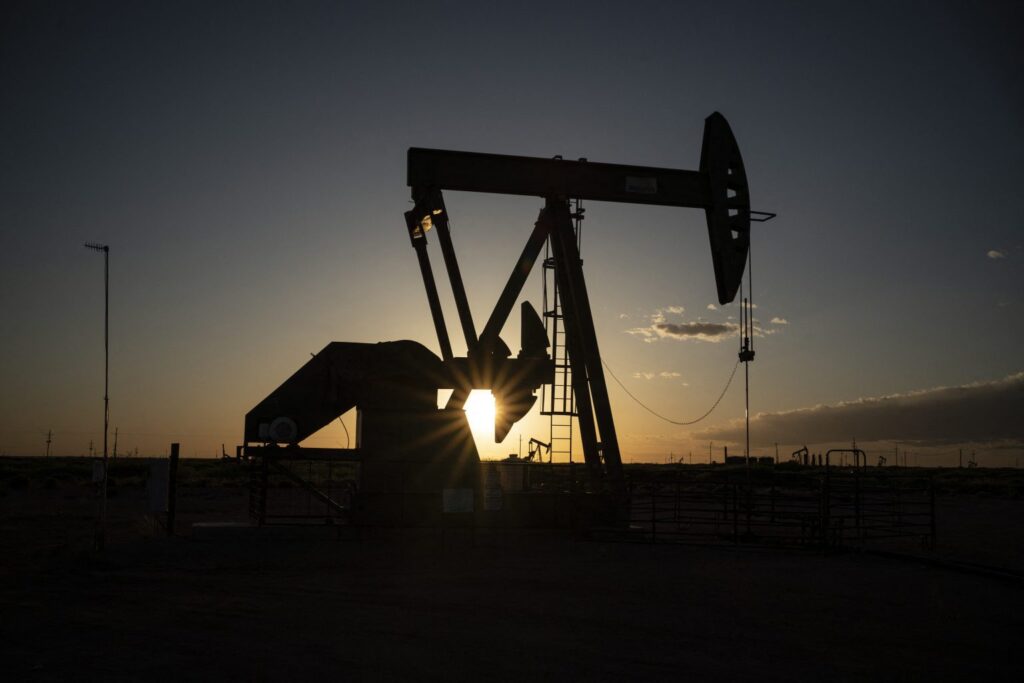
Nigeria has the potential to produce up to four million barrels of oil per day (mbpd), given its vast reserves and resource base, according to the Chairman of the Board of Governors of the Organisation of the Petroleum Exporting Countries (OPEC), Ademola Adeyemi-Bero.
Speaking at the Heirs Energies’ Nigeria Petroleum Industry Leadership Discourse in Abuja, Adeyemi-Bero highlighted that OPEC believes Nigeria can exceed its current 1.5mbpd quota. He emphasized that the country only needs to demonstrate its capacity to scale up production, citing the recent increase to 1.7mbpd in January as a step in the right direction.
“Our focus is to work towards increasing Nigeria’s OPEC quota to 2.1mbpd,” he stated.
Government Optimism on Production Increase
The Minister of Petroleum Resources (Oil), Heineken Lokpobiri, reassured Nigerians that achieving the projected 2.06mbpd in 2025 is feasible. He referenced the COVID-19 period, during which Nigeria produced 2.5mbpd, attributing the decline in recent years to a lack of major investments. However, he asserted that the government has been actively changing perceptions to attract fresh investments into the sector.
Lokpobiri also stressed the administration’s commitment to improving security in the Niger Delta, crediting the Nigerian military, paramilitary forces, and civilian contractors for reducing pipeline infractions and vandalism.
Technology and Efficiency in the Oil Sector
The minister underscored ongoing reforms to address inefficiencies within the oil sector, including the deployment of technology to enhance upstream operations. He noted that, in the past, manual operations made real-time monitoring of activities at oil terminals difficult. However, with the adoption of technology, transparency and efficiency have significantly improved.
“Before now, contracts in the sector could take as long as three years, but with the President’s executive order, contracts below $10 million are now within the exclusive power of the operators,” he explained.
Rising Rig Count and Production Goals
Engr. Gbenga Komolafe, Chief Executive of the Nigerian Upstream Petroleum Regulatory Commission (NUPRC), projected that Nigeria’s rig count—currently around 38—could rise to approximately 50 by the end of March. He emphasized that meeting this target would put Nigeria on track to achieving its 2.5mbpd production goal.
Komolafe also noted that the industry has successfully increased production levels to about 1.75mbpd and remains focused on further growth.
“We have identified key initiatives and candidate wells that need to be reactivated or re-entered. Funding is crucial, so we have established platforms where key stakeholders—funders, rig owners, and operators—can collaborate to drive this initiative,” he explained.
Industry Stakeholders and Investment Climate
Other key industry figures at the discourse included Roger Brown, Managing Director of Seplat; Udobong Ntia, Executive Vice President of Upstream at the Nigerian National Petroleum Company Limited (NNPCL); and Engr. Gbenga Komolafe of NUPRC.
Chairman of Heirs Energies, Tony Elumelu, who declared the event open, commended participants for their contributions to shaping Nigeria’s petroleum industry.
